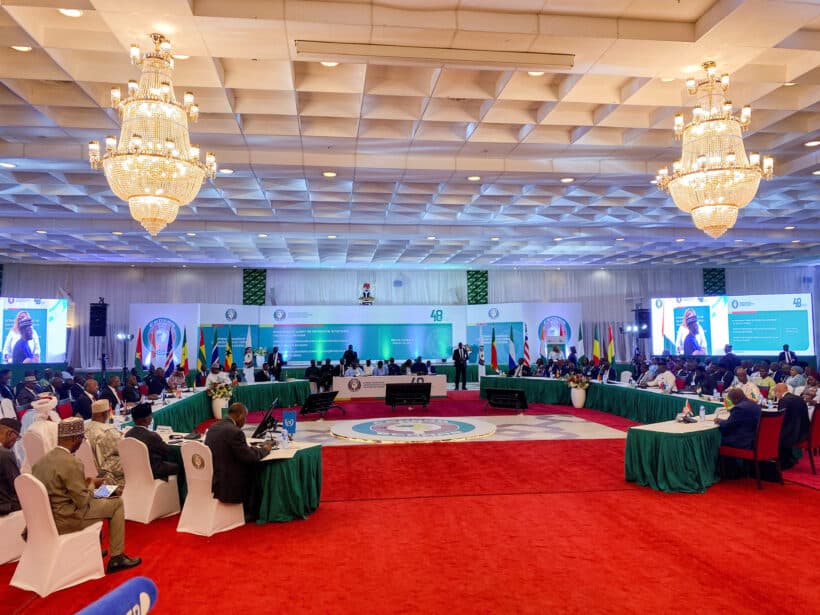
DAKAR, Jan 31 (Reuters) – Mali said on Wednesday it was not planning to leave West Africa’s currency zone while Burkino Faso indicated it would do so after they and Niger announced their withdrawal from the region’s political bloc in protest.
In a blow to hard-fought regional integration, the three military-led nations, among the world’s poorest, are planning to quit the 15-member Economic Community of West African states (ECOWAS) after being criticised for their respective coups.
That has left uncertain their future in the eight-nation West African Economic and Monetary Union (UEMOA or WAEMU) which uses a common currency, the CFA franc, pegged to the euro.
Asked whether Mali planned to leave UEMOA, Foreign Minister Abdoulaye Diop told Reuters: “Mali is withdrawing from ECOWAS but remains a member of UEMOA.”
Speaking separately about their decision to leave ECOWAS, Burkina Faso’s military leader Ibrahim Traore said a departure from the monetary union was on the cards.
“This means that in some time you will tackle the currency, which is the CFA?” journalist Alain Foka asked Traore in a video posted on his YouTube channel. “Probably,” Traore replied.
Mali, Burkina Faso and Niger are all ruled by military officers who seized power in coups since 2020 and have resisted ECOWAS’ and other outside pressure to restore democracy.
The three countries, battling insurgencies from militants linked to al Qaeda and Islamic State, have created a new pact known as the Alliance of Sahel States and declared their intention to strengthen political, economic and monetary union.
Critics of the CFA franc see it as a relic of French colonialism while proponents say it has provided financial stability in a turbulent region.
Moody’s ratings agency said economic growth was at risk.
“While not our baseline expectation, an exit from WAEMU would be much more detrimental to sovereigns leaving the monetary union because of the credit support that WAEMU membership provides in terms of macroeconomic stability and reduced external vulnerability,” it added.
The ECOWAS region’s trade and services flows are worth nearly $150 billion a year.
(Reporting by Giulia Paravicini and Bate Felix; Writing by Bhargav Acharya and Nellie Peyton; Editing by Tom Hogue and Andrew Cawthorne)

